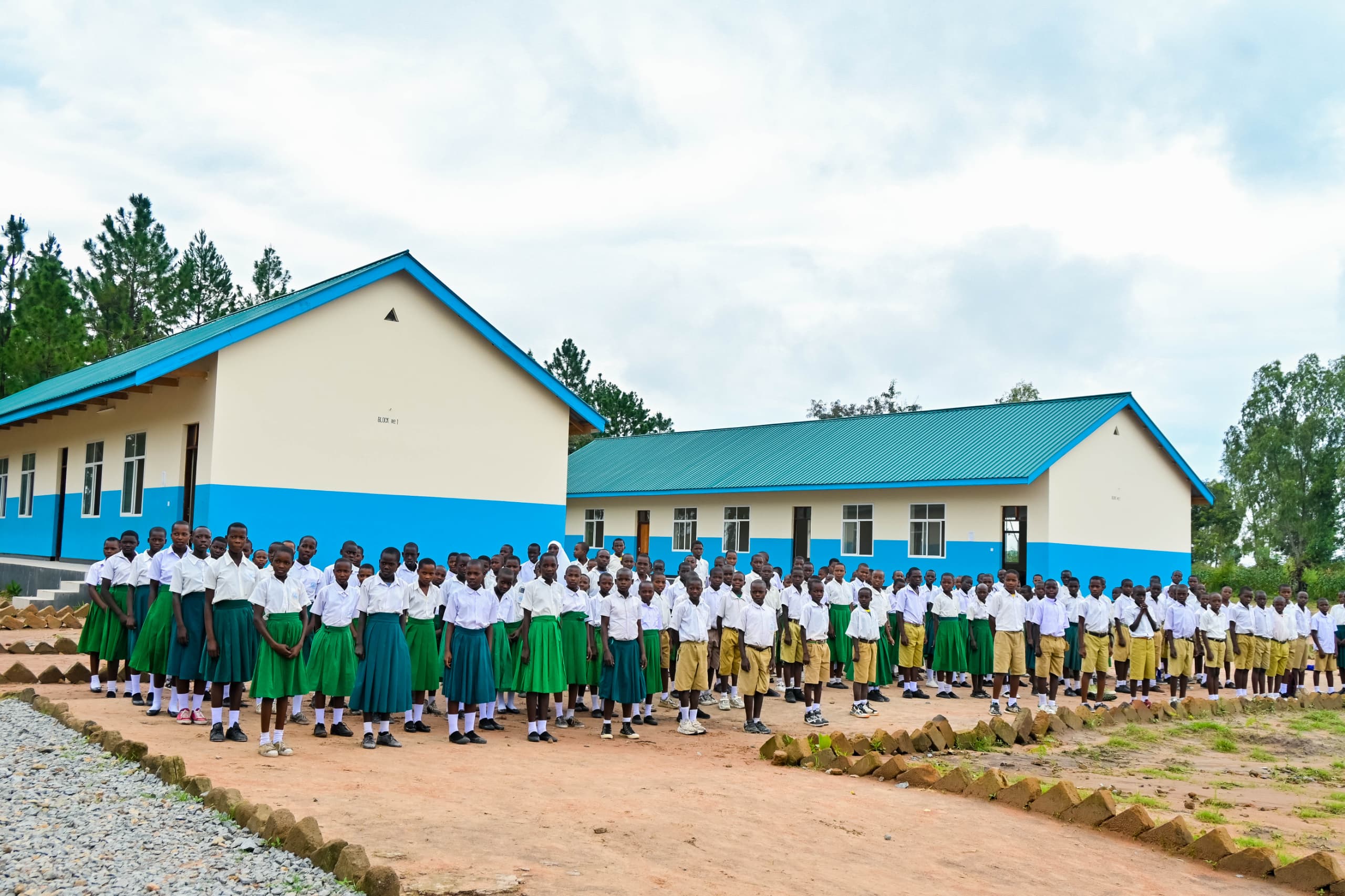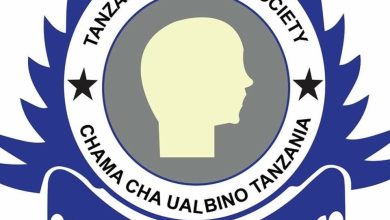Govt commits to allocate funds for SEQUIP

MOROGORO: THE government has reaffirmed its commitment to continuing implementing the Secondary Education Quality Improvement Project (SEQUIP) by allocating funds after donour support concludes.
The commitment was expressed by the Minister for Education, Science and Technology, Professor Adolf Mkenda during a recent workshop in Morogoro that assessed the progress of various SEQUIP activities carried out by the Institute of Adult Education (IAE).
Prof Mkenda said one of the success stories of SEQUIP project involves enabling 10,239 girls who had dropped out of secondary school to return to education over the past three years.
He said that the government will explore ways to ensure that students who dropped out continue to have access to education through the IAE.
“We must now plan to incorporate this into the government’s budget.I know that for this year, funds from the World Bank are still available. However, since this is the final year of the project’s implementation, and there are still students in need of secondary education through alternative pathways, the ministry will explore the best ways to ensure these students continue to be supported through the IAE, even after the project ends,” Prof Mkenda explained.
He stressed the government’s ongoing commitment to ensuring that girls who dropped out of school for various reasons regain their right to education.
ALSO READ: Bunge Committee Satisfied with SEQUIP, BOOST projects in Kibaha
He also acknowledged the presence of many boys who had dropped out due to similar challenges, noting that the government has a strategy to reintegrate them into the education system, both during and after the project’s duration. Prof Mkenda further emphasised that SEQUIP’s primary goal is to enhance education standards in the country.
This includes improving teaching and learning environments in schools and ensuring students receive quality education that meets the demands of the 21st century.
Another key objective of the project, he added, is to improve the quality of alternative secondary education and increase access for girls aged 13 to 21 who were unable to continue with secondary education due to challenges such as illness, teenage pregnancy, early marriage, or other adverse circumstances.
Commissioner for Education in the Ministry of Education, Science, and Technology, Dr Lyabwene Mtahabwa, also underlined the project’s role in supporting the government’s goal of reintegrating girls into the education system, referencing Circular No 2 of 2021, which allows students who dropped out of primary and secondary school to return.
“The presence of this project has helped the government achieve its goal of reintegrating students, especially girls who had dropped out, back into school,” Dr Mtahabwa said.
Professor Michael Ng’umbi, Rector of the Institute of Adult Education, shared the project’s achievements, including surpassing the government’s annual target of reintegrating 3,000 girls into secondary education through alternative pathways.
“The achievements are significant: 351 girls have joined Form Five, and another 218 have enrolled in intermediate colleges,” Professor Ng’umbi said.
“Our five-year target is to reach 12,000 girls nationwide.” The SEQUIP is being implemented by the Tanzanian government in collaboration with the World Bank over a five-year period, from 2020/2021 to 2025/2026.





